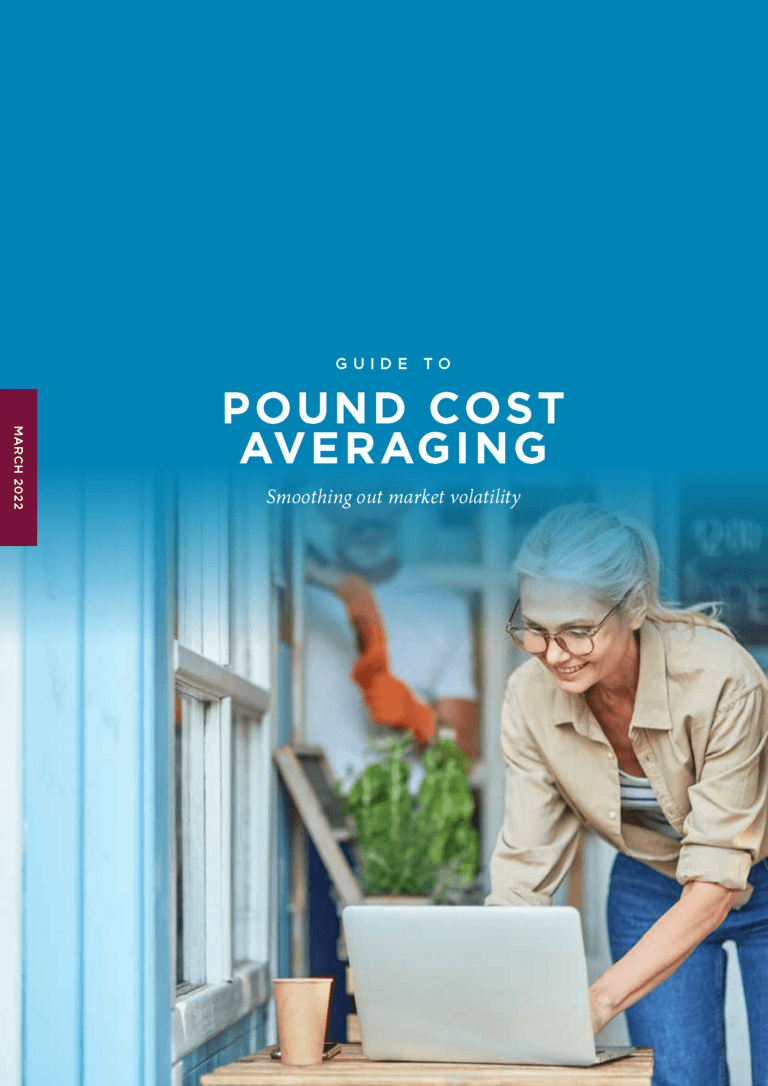Ready for the next rise in State pension age?
The State pension remains a cornerstone of most people’s retirement plans — yet fewer than half know when they’ll receive it.
You may assume it is the 20-somethings, years away from retirement, who are blissfully unaware of their State pension age (SPA). But government research found that 42% of those aged 54 to 64 did not know the exact date they’d be eligible to claim their State pension.
Creeping up
This confusion may be because the SPA has increased in recent years and is due to start rising again next year.
The State pension is currently worth around £11,500 a year, and for now both men and women collect this on their 66th birthday.
- From April 2026, the State pension age (SPA) will rise incrementally to 67. This will happen over a period of two years, meaning those born after 6 March 1961 won’t get their pension until their 67th birthday.
- Those whose birthdays fall between 6 April 1960 and 5 March 1961 will be in this transitional phase, and should use the government’s pension checker (https://www.gov.uk/check-state-pension) to find out the exact month their pension becomes payable.
To further complicate matters, the SPA will rise to 68 over a two-year period from 2044 — although there have been proposals to bring this forward to 2037. This remains just a proposal at present, with the current Labour government yet to confirm when a final decision will be made.
Be prepared
Whether you are 2, 10 or 20 years from retirement it can help to have a financial plan in place. Knowing when you will receive the State pension, and what it will be worth are important parts of this jigsaw. To receive the full State pension retirees need to have paid national insurance contributions (NICs) for at least 35 years. Checking eligibility in advance means there’s time to make additional voluntary payments if there are gaps in your NIC record.
It’s also important to get up-to-date valuations from all private and company pensions — alongside other savings and investments — giving a fuller picture of likely income in retirement.
People change jobs on average every five years, so can end up with a hotchpotch of different workplace pension plans. The UK Pension Tracing Service can help locate lost plans, and it is worth discussing with an adviser the potential benefits of consolidating plans, although care needs to be taken not to lose guaranteed benefits during this process.
Underpinning your planning should be an understanding of how much money you’re likely to need in retirement. The Pensions and Lifetime Savings Association retirement living standards are a good starting point to build a personal roadmap for your retirement spending. It’s worth considering how to use pensions and savings to cover both essential and more discretionary costs.
If there is currently a shortfall, you may want to consider saving more now or working for longer. It is possible to defer the State pension, for example, and receive a higher payment in return. As always, contact us to discuss your plans.
The Financial Conduct Authority does not regulate tax advice. Tax treatment varies according to individual circumstances and is subject to change.
Occupational pensions are regulated by The Pensions Regulator.











